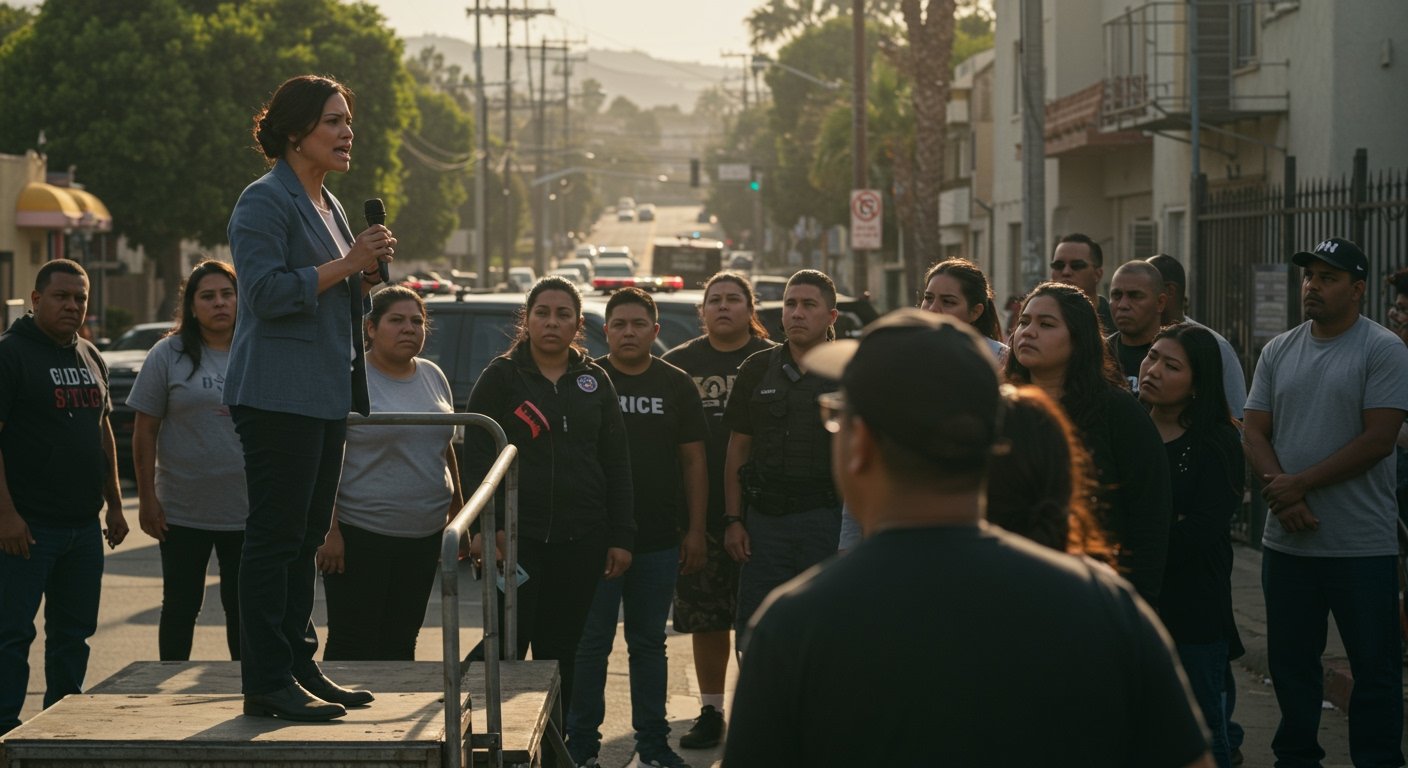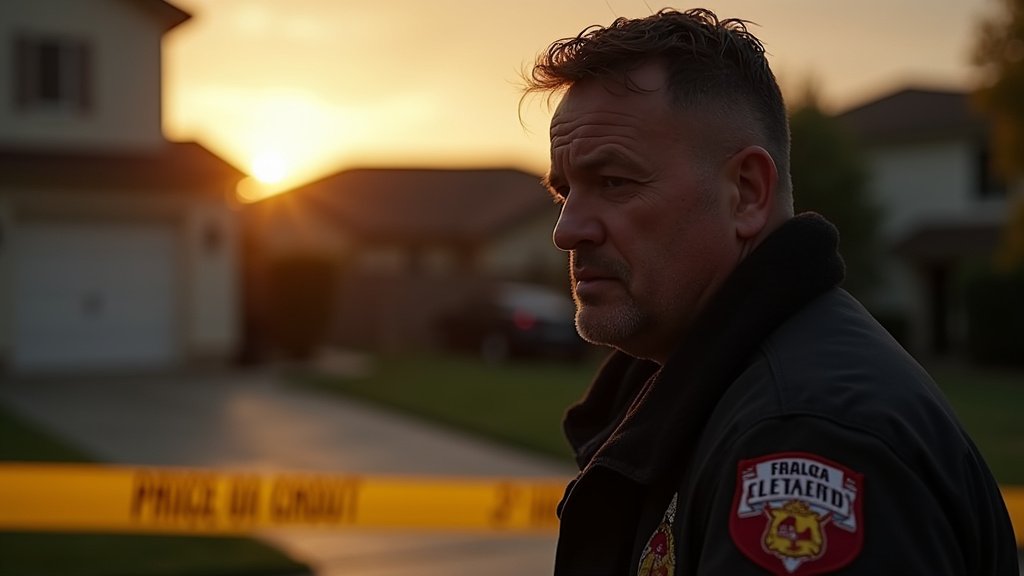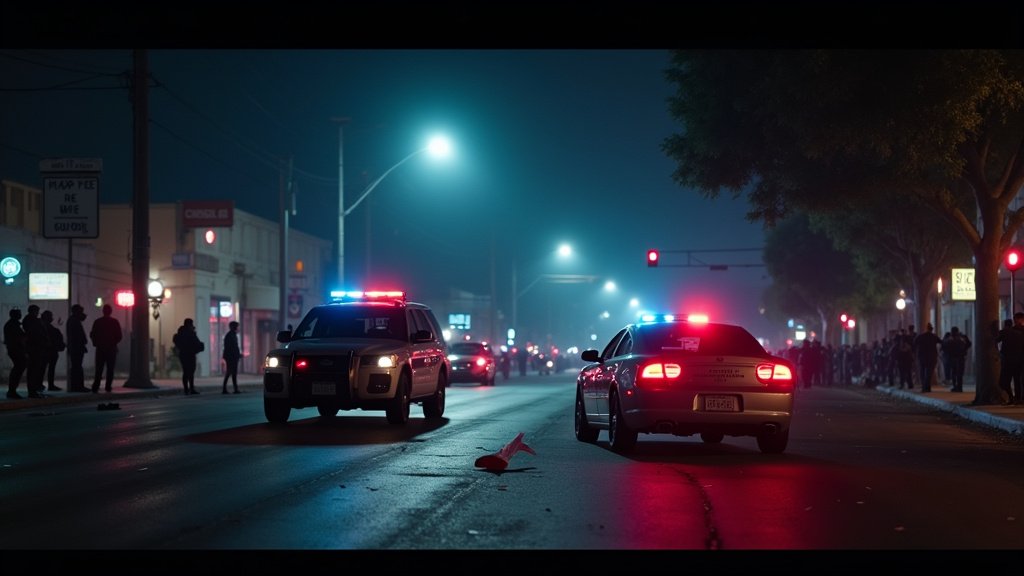A prominent local politician in Southeast Los Angeles County has ignited a national firestorm by urging individuals described as “gang leaders” to mobilize resistance against federal immigration enforcement operations.
Cudahy Vice Mayor Cynthia Gonzalez posted a video message on social media this week that has drawn widespread condemnation and sparked intense debate. In the video, Gonzalez directly addressed what she termed “cholos”—a term often used in the region to refer to gang members or associates, particularly leaders—issuing a provocative call to action amid ongoing immigration operations across Los Angeles.
Controversial Call to Arms
The core of the controversy stems from the Vice Mayor’s explicit language and the specific group she targeted. In the social media post, Gonzalez was quoted telling these individuals to “f— get your members in order” and exhorting them to “take to the streets against Donald Trump’s immigration raids.”
This directive, coming from an elected municipal official, represents a highly unusual and, critics argue, deeply troubling attempt to leverage potentially criminal elements for political ends. The reference to “Donald Trump’s immigration raids” frames her appeal within the context of specific federal enforcement actions targeting undocumented immigrants, which have been a source of significant tension and protest in communities like Cudahy.
Context of Southeast LA Politics
Cudahy is a small city within Los Angeles County known for its complex political landscape, which has been described by observers, including Los Angeles Times columnist Gustavo Arellano, as a “wacky political world.” The area has seen its share of political turmoil and controversies in the past.
Gonzalez’s action is being interpreted by some as a reflection of the intense pressure and frustration felt by local leaders in immigrant-heavy communities facing increased federal enforcement. However, many others, including law enforcement officials and community members, have reacted with shock and alarm at the prospect of a Vice Mayor encouraging organized groups traditionally associated with illicit activities to engage in public action, even for a political cause like protesting immigration raids.
Gustavo Arellano, a columnist known for his deep understanding of Southern California culture and politics, has provided commentary on the situation in the Los Angeles Times, highlighting the unusual nature of the Vice Mayor’s tactics and its place within the region’s distinct political environment.
National Implications and Local Reaction
The video quickly went viral, pushing a local controversy into the national spotlight and contributing to the “national storm” mentioned in initial reports. Critics argue that the Vice Mayor’s message is irresponsible and potentially dangerous, risking public order by seemingly encouraging groups with a history of violence or criminal activity to mobilize.
Supporters, if any emerge, might argue that the desperate nature of the situation—facing federal raids that disrupt families and communities—justifies unconventional appeals for community defense. However, the choice of audience—explicitly referencing “gang leaders” or “cholos”—has proven to be the most contentious element, overshadowing any potential message about immigrant rights or community solidarity.
The incident occurs amidst ongoing immigration operations by U.S. Immigration and Customs Enforcement (ICE) across Los Angeles and other parts of the country. These operations often involve arrests of individuals residing in the country without legal authorization, sometimes targeting specific individuals but also resulting in broader enforcement actions. The raids have led to protests and increased anxiety within immigrant communities, particularly in densely populated areas like Southeast Los Angeles County.
Ethical and Legal Questions
The Vice Mayor’s actions raise significant ethical questions about the role of elected officials and their responsibility to uphold the law and maintain public safety. While advocating for constituents is a core duty, calling upon individuals identified with criminal organizations to participate in street actions blurs critical lines and could potentially be seen as encouraging disruption or confrontation.
Legal experts may also examine whether such a public statement from a city official could have any legal ramifications, depending on the context and any potential outcomes of the called-for actions. The incident highlights the complex and often fraught relationship between local politics, community activism, and federal law enforcement in the current immigration climate.
The controversy surrounding Vice Mayor Cynthia Gonzalez’s social media post continues to unfold, serving as a stark illustration of the heightened tensions surrounding immigration enforcement and the extreme measures some feel compelled to take in response within the unique “wacky political world” of Southeast Los Angeles County.





